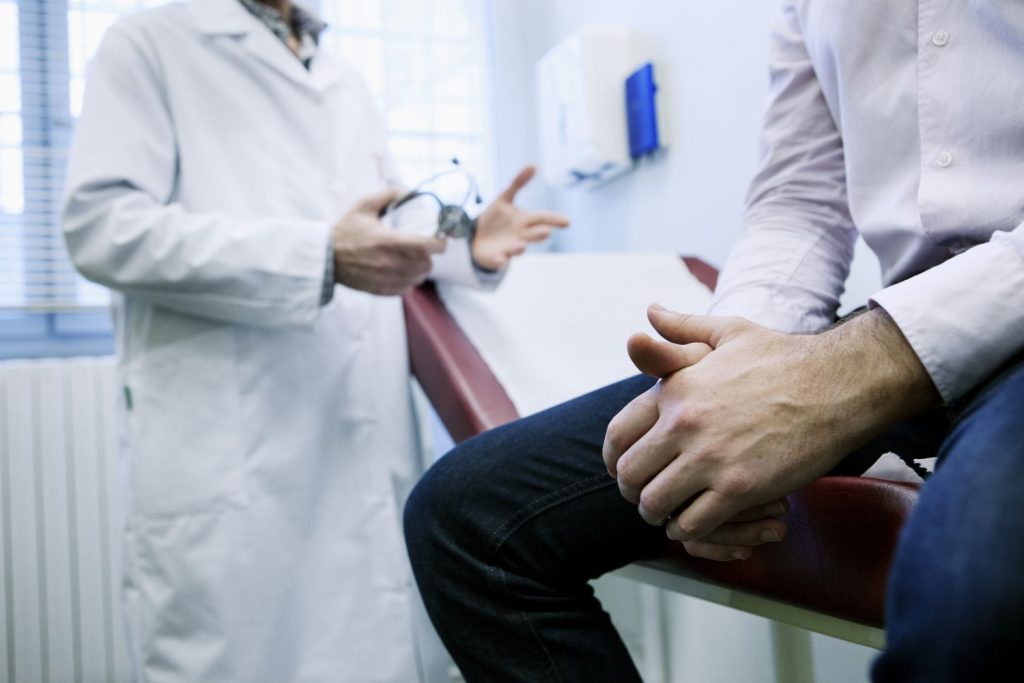Prostate cancer is among the most common cancers affecting men. In Hong Kong, it’s the fifth most common cancer, with over 1,600 new cases every year. Dr Francis Fong from Neo-Health reminds our male readers of some of the basics surrounding the prostate, and the symptoms and diagnosis of cancer.

The prostate is a gland that’s only found in men. It’s usually the size of a walnut, and is situated below the bladder, surrounding the first part of the urethra, which allows urine to pass from the bladder to the penis. The prostate produces semen, a thick white fluid that mixes with the sperm produced by the testes. It also produces a protein called prostate specific antigen (PSA), which turns the semen into liquid. Prostate cancer is generally a slow-growing cancer, typically occurring in men over the age of 50. Research shows that over a third of men over 50 have some cancer cells in the prostate, while almost all men over 80 have some cells. The cause of prostate cancer is unknown, but generally the chance is increased if there is a positive family history; it is also more common in Western men.
The symptoms of prostate cancer include reduced flow of urine, increased urination frequency, painful urination, frequent pain in lower back, hips and thighs, and, less commonly, blood in the urine. The diagnosis of prostate cancer may include a digital rectal examination (DRE) by a doctor. Digital here is different to the “digital” in electronic equipment, of course; it refers to the doctor inserting his finger into your rectum to feel if the prostate is normal or not. It can be a memorable experience! Apart from DRE, PSA can be tested in blood to detect the presence of prostate cancer. However, PSA alone is not very accurate in diagnosing cancer.
A newer generation of prostate examination called Prostate Health Index (PHI) is much more accurate in diagnosis. From population studies, it can predict the chance of prostate cancer based on the various parameters it measures. It’s highly recommended for those men with borderline PSA levels before the more invasive procedures, such as a prostate biopsy, which involves passing a needle into the prostate with 12 to 20 “punches” to extract cells for pathology examination. Other investigations for prostate cancer include endoscopy, CT scan and MRI scan. If you’re over 50, it’s recommended to ask your doctor for a prostate check.
Neo-Health is at 21/F, Li Dong Building, 9 Li Yuen Dong Street East, Central.
This article first appeared in the Oct/Nov edition of Expat Living magazine. You can subscribe so you never miss an issue!
Want more on staying healthy in Hong Kong?





